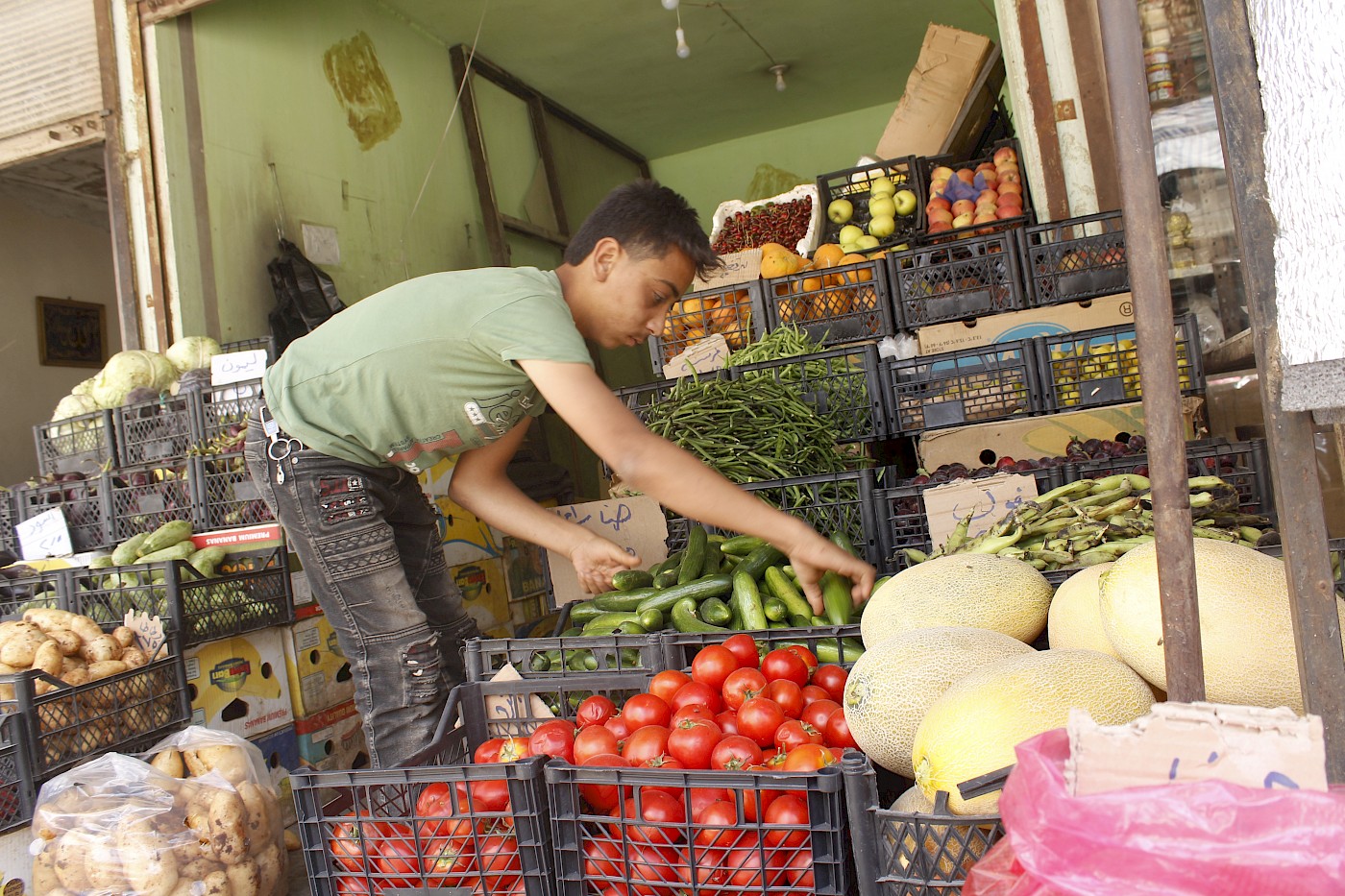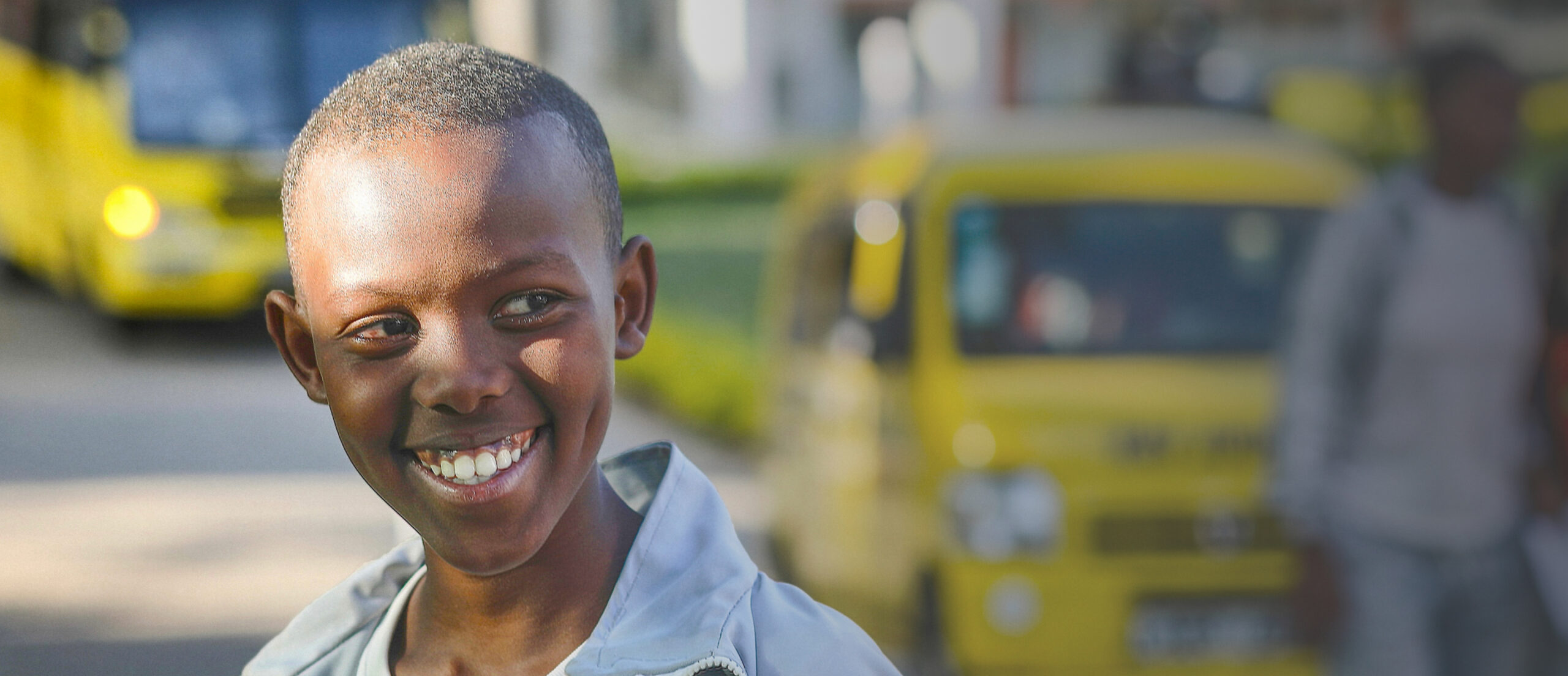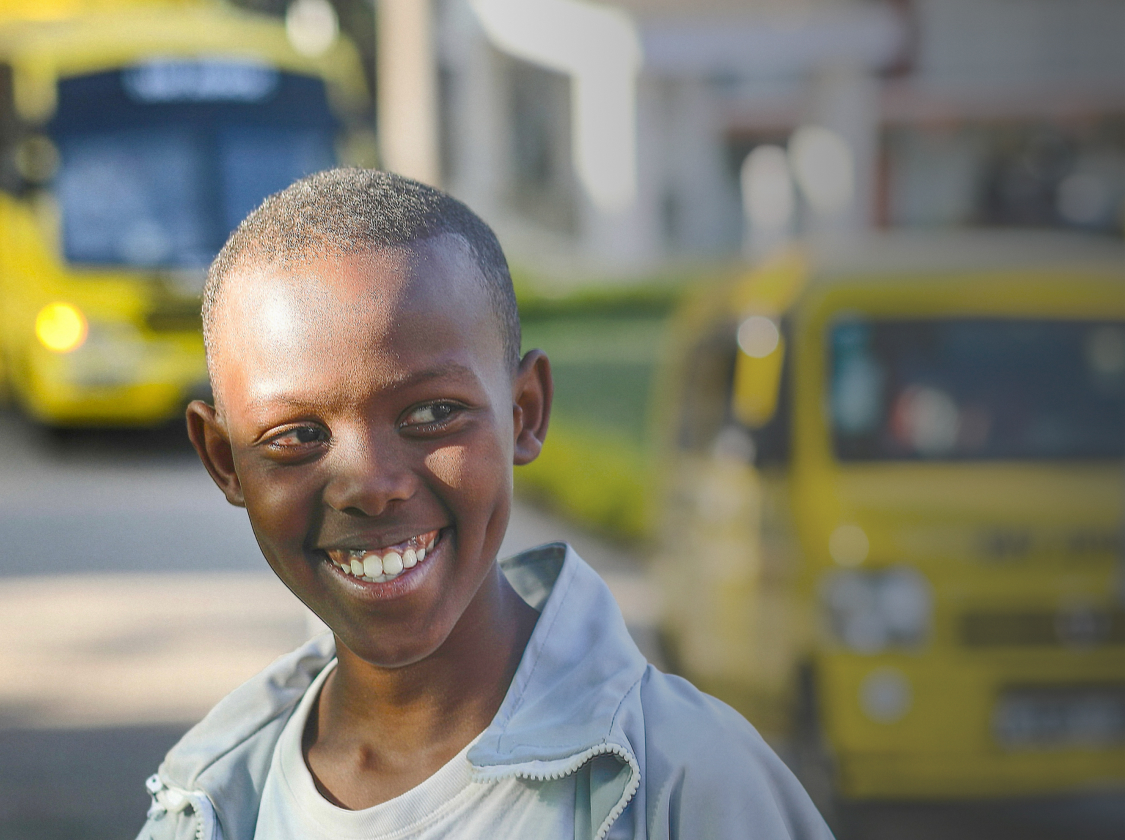In an ideal world, every child should think only of going to school, playing with friends, flying every day with the imagination, surrounded by the love of the family.
However, in the real world, one in 10 children is forced into child labour: ILO/Unicef data estimate that 160 million children are involved, an increase of 8.4 million in the last four years alone. For many, the drop-out from the school system following the Covid-19 pandemic has had an impact.
Even in Still I Rise‘s areas of operation, child labour is a well-known scourge: in these places, getting children off the streets and into school is a daily challenge.
We implement various strategies.
In north-west Syria, for example, we regularly distribute food packs to families for the same amount that the children would earn in a month of work. In the same way, we also provide hygiene kits, basic necessities and a safe meal to our students every day.
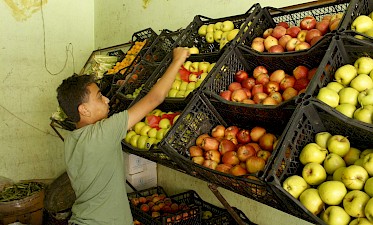 | 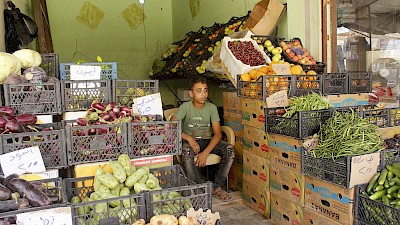 |
In Greece and Kenya, where we provide breakfast and lunch, social and psychological support, during the lockdown we distributed power banks, mobile phone chargers and even tablets to ensure continuity of distance learning.
“At Still I Rise we believe education proves critical in the reduction, and prevention, of child labour. By providing access to high quality education and ensuring a comprehensive approach to care and support, we work to keep these children, and their families, protected” says Sarah Evans, Director of Programmes at Still I Rise.
Of great importance is the role of the Child Protection Manager and the entire dedicated child protection and safeguarding team.
“Awareness and empowerment run central to our core values and ethics. Our Child Protection team runs careful assessments and closely monitors our students to always determine the needs and best interests of the children. We work collaboratively, with other actors, to ensure the physical and psychological needs of our children are being met”.
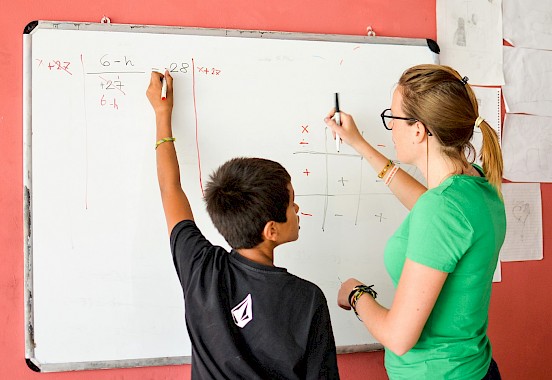 |
“These vulnerable children and their families need a holistic approach to education,” concludes Sarah Evans. “This is also why we promote girls’ education and education on children’s rights and child labour in our programmes. Awareness and empowerment are at the heart of our core values and ethos.”
